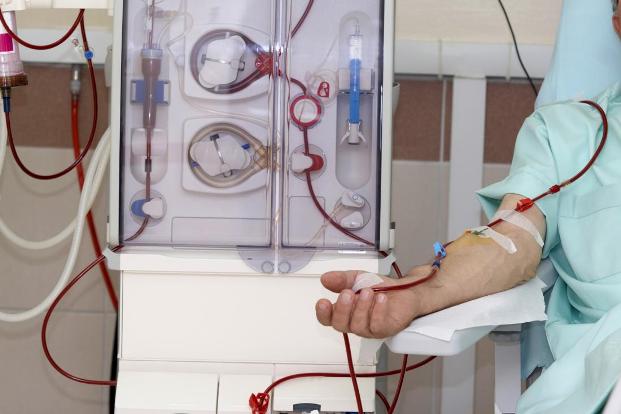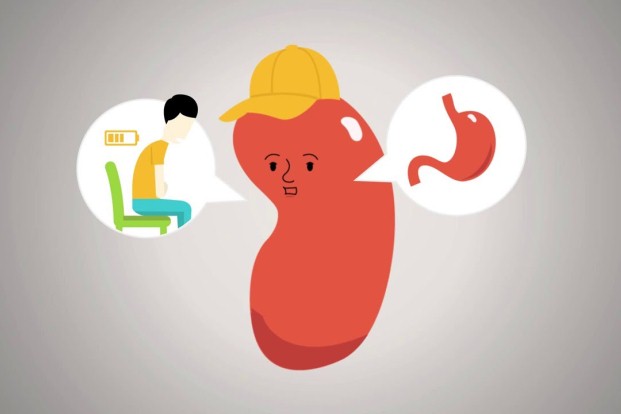What is the difference between peritoneal Dialysis and Hemodialysis
Apr 19, 2022
There are two kinds of dialysis. In hemo dialysis your blood is pumped out of your body to an artificial kidney machine and back to your body by tubes that connect you to the machine. In peritoneal dialysis, the inside lining of your own belly acts as a natural filter.

A soft plastic tube catheter is placed in your belly by surgery. A sterile cleansing fluid is put into your belly through this catheter. After the filtering work is finished the fluid leaves your body through the catheter. The type of peritoneal dialysis that is best for you depends on your personal interest and your medical condition. Your doctor will help you to select the one that is best for you. Peritoneal dialysis is a classified of dialysis which uses the peritoneum in a person’s abdomen as the membrane through which fluid and dissolved substances are exchanged with the blood. It is used to remove excess fluid, correct electrolyte problems, and remove toxins in those with kidney failure.
In hemodialysis blood is removed from the body and filtered through a man-made membrane known a dialyzer, or artificial kidney, and then the filtered blood is returned to the body. The average person has about 10 to 12 pints of blood for the time of dialysis only one pint about two cups is outside of the body at a time. While healthy kidneys have several functions in the body, the most well known job is to produce urine. When kidney function work goes below 10% to 15% kidneys are no longer able to filter the blood and create urine. It causes toxins to build up in the body along with extra fluid. Fortunately we live in a time when there are treatments and medicines that can replace the functions of the kidneys and keep the body alive. One type of renal replacement therapy meaning a treatment that back kidney function is hemodialysis. Hemodialysis is a therapy that filters waste, release extra fluid and balances electrolytes (sodium, potassium, bicarbonate, chloride, calcium, magnesium and phosphate).








